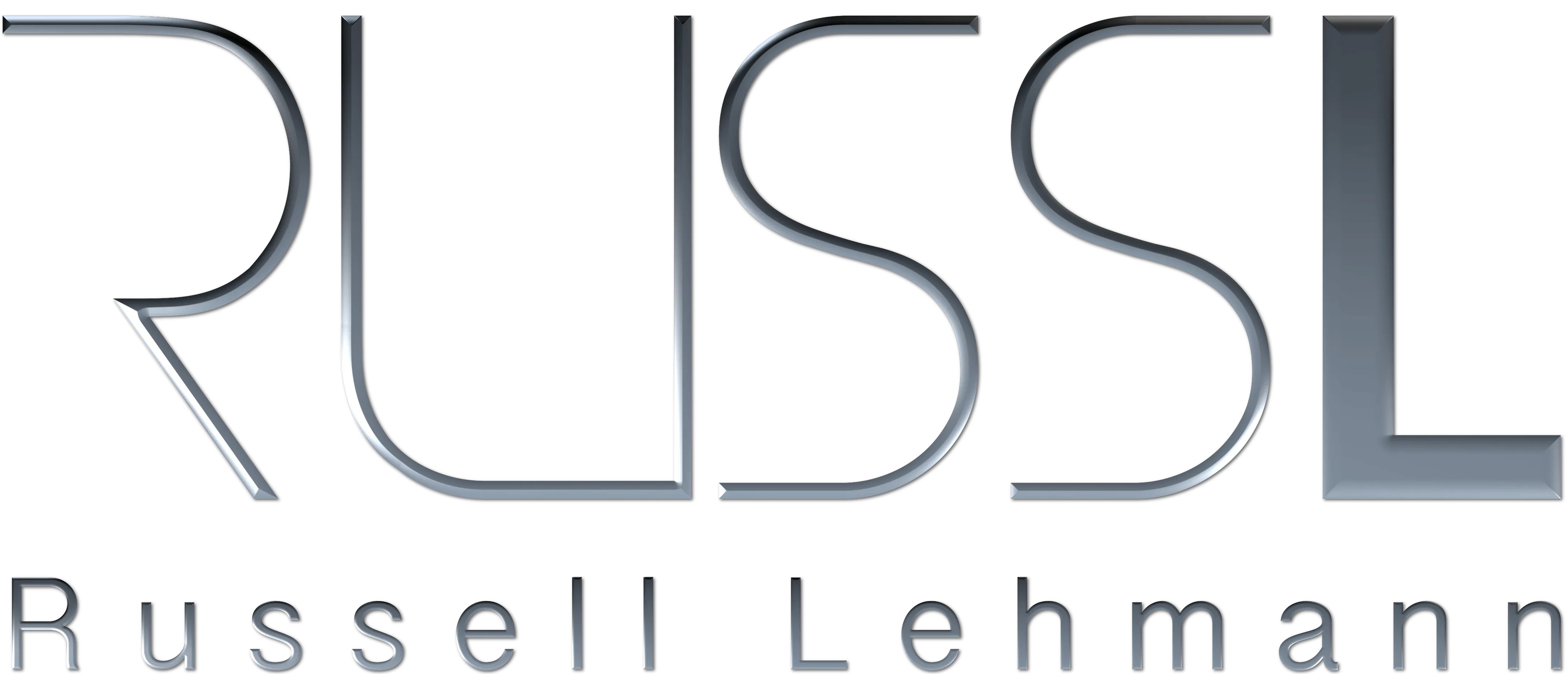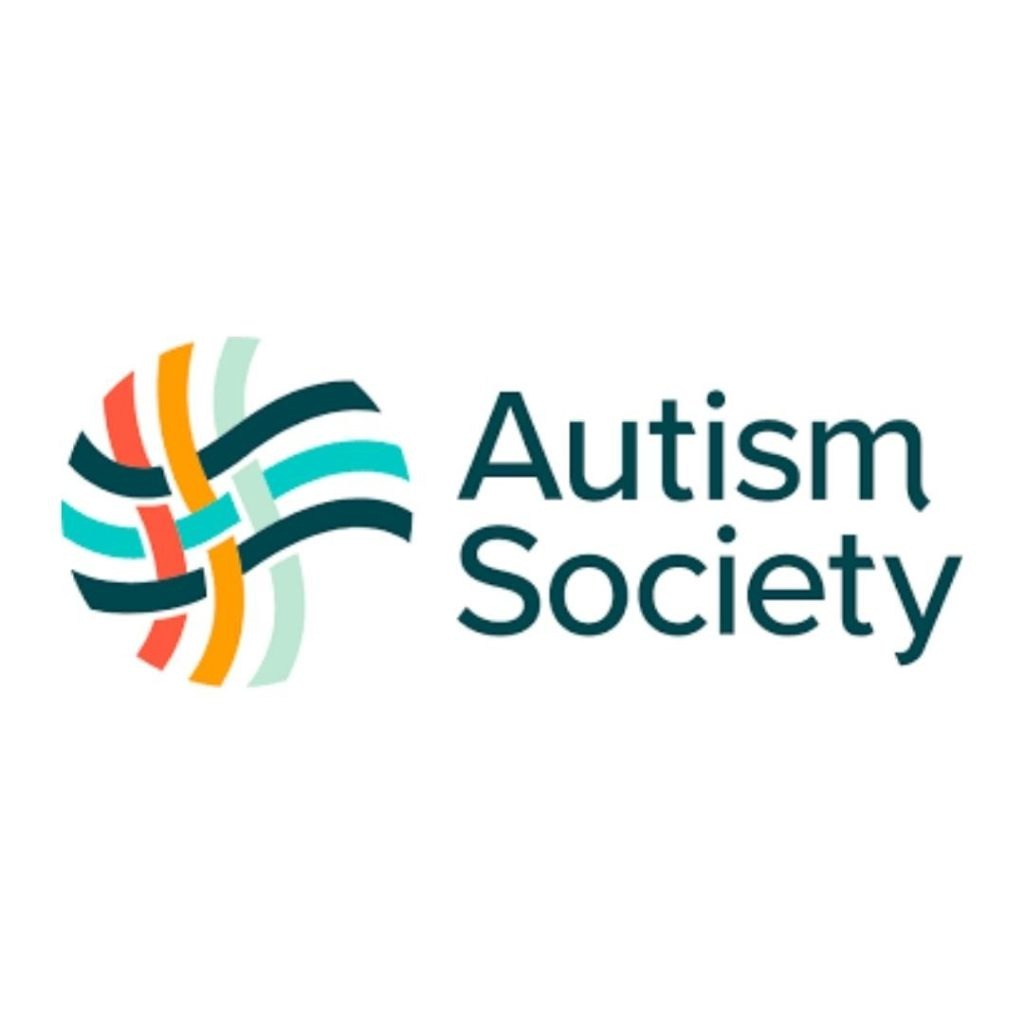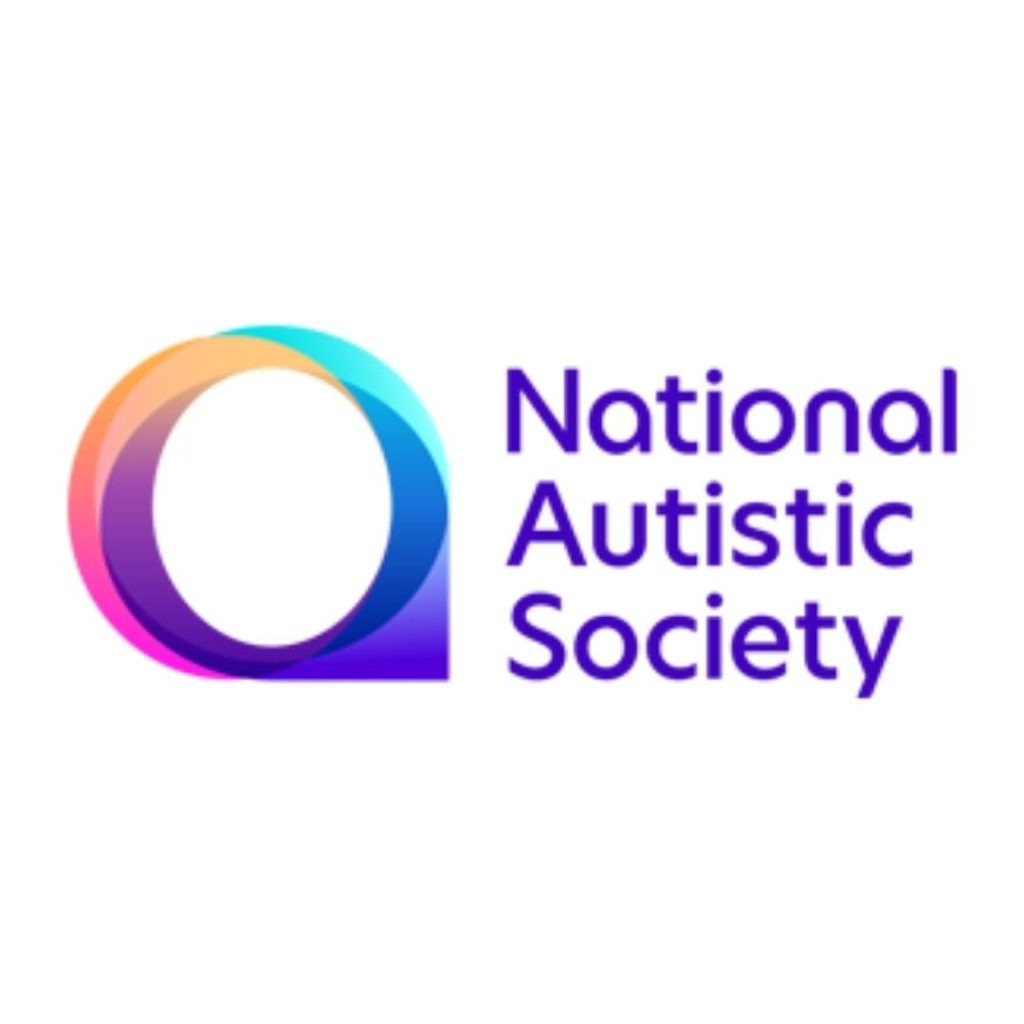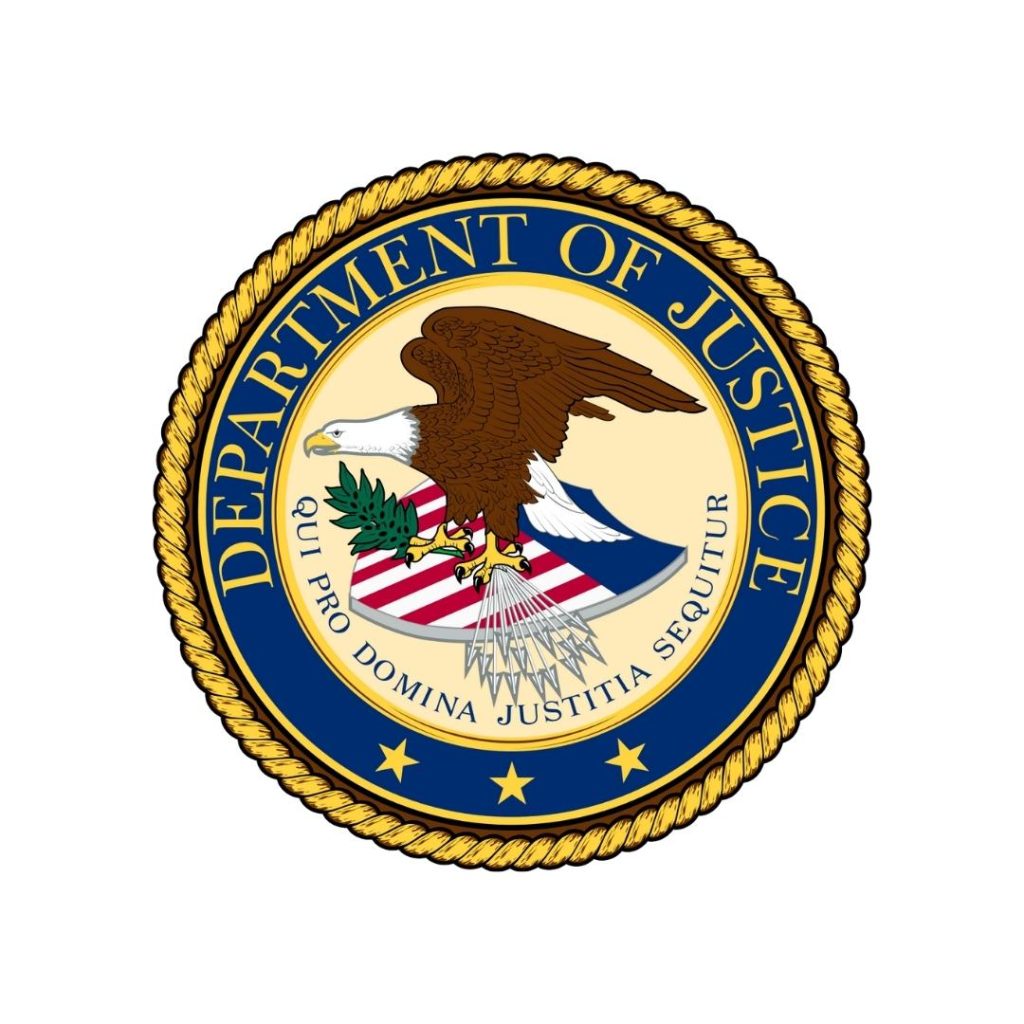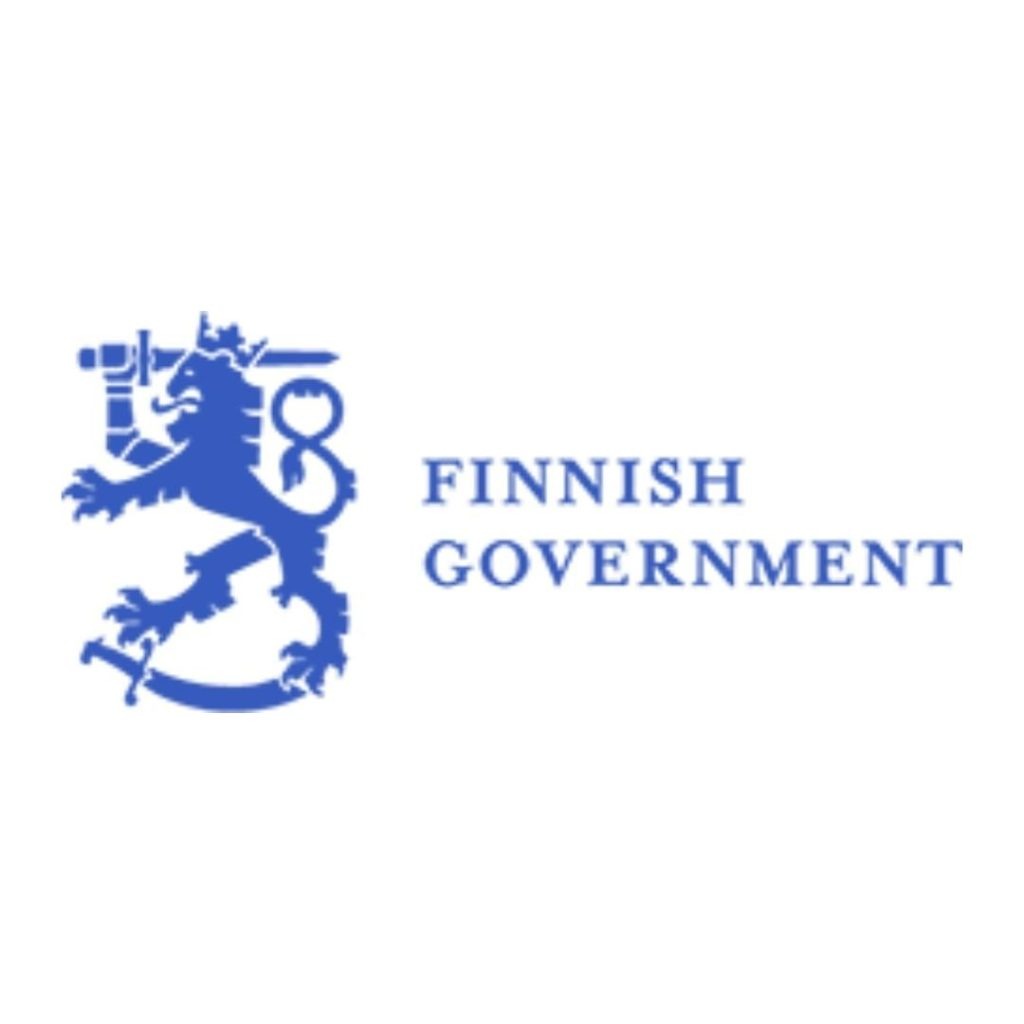Inclusion is more than just a word, it’s a practice, a process that requires effort, risk, and a belief in the potential of every individual. Think of self-determination as a baby bird perched on the edge of its nest, unsure but ready to fly. The bird, in this case, represents individuals from marginalized groups, particularly those with disabilities. For them, stepping outside their comfort zone and asserting their autonomy can be as daunting as that first leap into the sky.
Self-determination allows people to take control of their lives, breaking free from the restrictions placed upon them by societal expectations. But true growth, and true inclusion, require more than just autonomy. It demands risk. Like the baby bird, individuals need to test their wings, push boundaries, and explore new opportunities. The risks they take are crucial to their development, but they also challenge society to grow. By navigating systems that aren’t always designed with inclusion in mind, they expose the gaps, forcing change.
The Reality of Barriers
Unfortunately, many people with disabilities face systemic obstacles that limit their independence. For example:
- Independence Rate: Only 40% of working-age adults with disabilities report having control over major life decisions, compared to the general population.
- Employment: The employment rate for individuals with disabilities is just 21.3%, compared to 65.4% for those without disabilities. Employment is a key to independence, but barriers persist in hiring practices, accommodations, and bias.
- Poverty: More than 25% of people with disabilities live below the poverty line, compared to 11% of individuals without disabilities, exacerbating the economic disparity and limiting opportunities for self-determination.
- Guardianship: Over 1.3 million U.S. adults are under full guardianship, which can restrict autonomy, limiting decision-making in crucial areas like finances, housing, and employment.
Collective Steps for Progress
To truly empower individuals with disabilities, we must take collective action that challenges power dynamics and opens pathways for self-determination.
- Foster Genuine Collaboration: Replace top-down decision-making with equal partnerships between individuals with disabilities and the systems that support them. Invite disabled individuals to co-design workplace accommodations, policies, and programs, ensuring their voices are central in shaping environments that suit their needs.
- Rethink Guardianship Models: Promote alternatives to full guardianship, such as supported decision-making, where individuals retain control over their lives with guidance, not control, from others. This preserves autonomy while still offering the necessary support.
- Create Equitable Employment Opportunities: Employers should actively recruit, hire, and promote individuals with disabilities. Focus on long-term career development, not just entry-level roles, by offering mentorship, leadership pathways, and inclusive training programs.
- Remove Economic Barriers: Advocate for policies that address the economic inequality faced by disabled individuals, such as increasing disability benefits, improving access to affordable housing, and ensuring equitable pay. These steps empower individuals to make independent choices free from financial hardship.
- Lead with Inclusive Mindsets: Everyone, from CEOs to front-line supervisors, must lead by example, cultivating inclusive spaces that value risk-taking and innovation. This means promoting environments where people are encouraged to fail, learn, and grow, knowing they are supported every step of the way.
By erasing power imbalances and placing self-determination at the center of our efforts, we can create a world where all individuals, regardless of ability, are empowered to take flight and thrive. Only by embracing these risks together can we build a truly inclusive society.
For a deeper dive into how self-determination and risk can transform inclusion in your organization, contact Russell for a powerful, tailored presentation that will inspire meaningful change.

